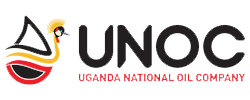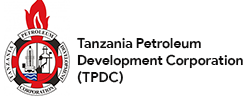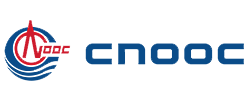The Minister of Energy and Mineral Development, Hon. Can. Dr. Ruth Nankabirwa Sentamu, has conducted an inspection visit to the EACOP project at Pump Station 1 (PS1) in Kabaale, Hoima District, as part of…
The East African Crude Oil Pipeline Project (EACOP) is a pipeline that will transport oil produced from Uganda’s Lake Albert oilfields to the port of Tanga in Tanzania where the oil will then be sold onwards to world markets.
EACOP runs 1,443km from Kabaale, Hoima district in Uganda to the Chongoleani Peninsula near Tanga Port in Tanzania.
EACOP fully recognises its responsibilities both to environmental protection and the people, land and communities that will be impacted by the project, especially during the construction phase.
EACOP allows Uganda to unlock value from its own natural resources, and represents a significant inward investment of some $4 billion across both Uganda and Tanzania, thus value creation is also extended to Tanzania.
At EACOP, progress is powered by people, ideas, and innovation. From the communities we serve to the engineers designing the pipeline, every story is a testament to our shared vision for a brighter future
We are here to answer questions about the project, its impact and how it benefits East Africa





© 2025 East African Crude Pipeline – All Rights Reserved
RR Pearl Tower One,Plot 1, Yusuf Lule Road
P.O.Box 135596,
Kampala, Uganda
Tel: +256 (0) 767 998 008,
Toll Free: 0800 216 000
Email: [email protected]
18th Floor, 10 Upper Bank Street, London, United Kingdom E14 5BF
Msasani Penninsula,
Plot no. 1403
Bains Avenue off Chole Road.
P. O. Box 23139,
Dar es Salaam, Tanzania
Email: [email protected]